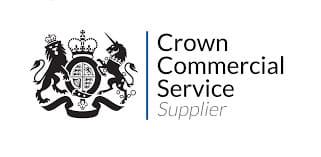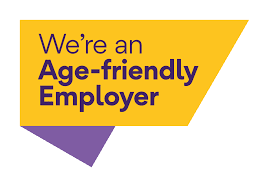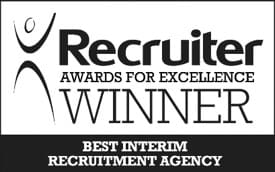Noteworthy reflections from our latest HR Round Table
We recognised the inspiration senior leaders can bring to a business. All the same, middle managers have a duty to promote the right messages and to lead by example – it is through middle managers that we align actions with words and thereby deliver change in practice.
Quentin Millington gently steered the conversation.
Noteworthy Reflections
Increasingly, middle managers are asked to consider people-related outcomes alongside more usual – and arguably more easily measured – targets such as financial performance.
When it comes to aligning culture with the needs of people, managers in various sectors will move at different paces: the (conservative) energy sector, with its long R&D cycles, is likely to evolve more slowly than, say, consumer retail; pressure will also vary by company and market position.
International and other large, multi-function businesses include many sub-cultures. Such companies have a harder to job to agree a desirable culture across middle management, where diverse yet equally valid priorities often dictate how work is done.
The capacity of a business to embrace culture change is, ironically, dependent on its existing culture: some are more ‘open’ than others, so managers must be mindful of their own current environment as they embark on change.
To engage people on culture shifts, it is not only what you say as a leader but also how you say it. The most suitable messaging will vary from one employee group to another – it is important to discover people’s motives – work-related and personal – for the change you hope to achieve.
Reverse mentoring can be an effective way of connecting practice and strategy, to bring about change that lasts across levels of the organisation.
It is important to listen to and ‘hear’ the voices of all colleagues when you expect people to embrace new ways of working; there may be a role for a person who is dedicated to understanding the mood of the company as new culture emerges.
It is important to hire cognitively diverse individuals, who can help champion a culture of creativity and open-mindedness. People who are ‘eccentric’ can also be powerful in challenging the status quo or outdated work practices.
Our world of constant change will make some people nervous of change, especially those who prospered in the ‘old’ system.
People may feel ill-equipped to deal with change – especially in relation to the wellbeing of others, a rising priority in the light of CoVID-19 – and these fears cause passive or active resistance.
One person’s salary may allow a whole family to function; companies should bear this responsibility in mind as they reflect on the value they create beyond shareholder return.
Technology is ever present; we run the risk of asking technology to solve all our problems; this ‘solutionism’ however, is misguided and can mean that the needs of people – which determine lasting success – can be overlooked; technology is best seen as a means to human ends.

Contact us
Call us on 07930 356305 or email HQ@russam.co.uk








